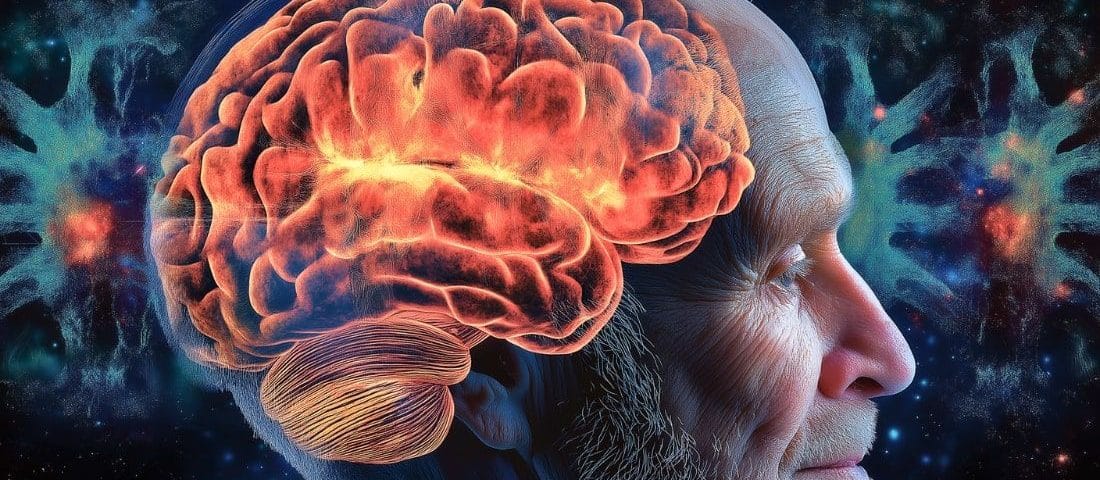
Understanding memory disorders like dementia can help you prepare for the challenges that might lie ahead for your parent. Did you know that in 2022, 4% of adults aged 65 and older were diagnosed with dementia? This growing issue affects memory, thinking, and behavior, which can feel overwhelming, especially when it’s someone you love.
In this two-part series, we’ll explore the most common and lesser-known types of dementia. Let’s start with five common types you should be aware of.
Memory Disorders: 5 Common Types of Dementia
Alzheimer’s Disease
Alzheimer’s disease is the most common form of memory disorders, accounting for 60-80% of cases. It is a progressive memory loss, confusion, and behavioral changes. The disease occurs due to abnormal buildups of amyloid plaques and tau tangles in the brain, disrupting normal brain function. Risk factors include age, family history, and certain genetic traits. Alzheimer’s typically starts with mild memory loss and worsens over time.
Vascular Dementia
Vascular dementia is the second most common form of memory disorders. It is often caused by strokes or conditions that block blood flow to the brain. This disruption in blood flow leads to impaired cognitive function, including poor judgment, confusion, and difficulty organizing tasks. Risk factors include high blood pressure, diabetes, and heart disease. Symptoms may appear suddenly following a stroke or gradually over time.
Dementia with Lewy Bodies (DLB)
DLB is caused by the buildup of abnormal protein deposits called Lewy bodies in the brain. These deposits interfere with communication between nerve cells. DLB is often marked by visual hallucinations, fluctuating attention, and movement difficulties, similar to Parkinson’s disease. It is more common in men and is linked to genetic and environmental factors. DLB can be challenging to diagnose as it shares symptoms with other forms of dementia.
Frontotemporal Dementia (FTD)
Frontotemporal dementia involves the degeneration of the frontal and temporal lobes of the brain. It results in significant changes in personality, behavior, and language abilities. FTD often affects people younger than 65 and is linked to genetic mutations. Individuals with FTD may experience disinhibition, apathy, and difficulties speaking or understanding language. There is no cure, but treatments focus on managing symptoms.
Mixed Dementia
Mixed dementia occurs when a person has two or more types of dementia at the same time. Common combinations include Alzheimer’s disease and vascular dementia or Alzheimer’s and DLB. This form of dementia can lead to a complex mix of symptoms, such as memory loss, confusion, and difficulties with movement. Risk factors for mixed dementia include age and conditions affecting blood flow to the brain.
If you’re noticing changes in a loved one, consider consulting a healthcare professional for advice. Dementia doesn’t just impact the individual—it affects entire families. But you don’t have to face it alone. There are resources and support available to help you through it. Memory care may also be necessary for people with dementia.
Stay tuned for part two, where we will cover less common types of memory disorders and their impact on seniors.
Innovative, Experienced, and Trusted Senior Living Community
Looking for exceptional service and care for your loved one? We welcome you to our senior living communities, where the health and well-being of our residents are our top priority. Please visit our contact page, and we’ll answer your questions.
Thanks for visiting!



